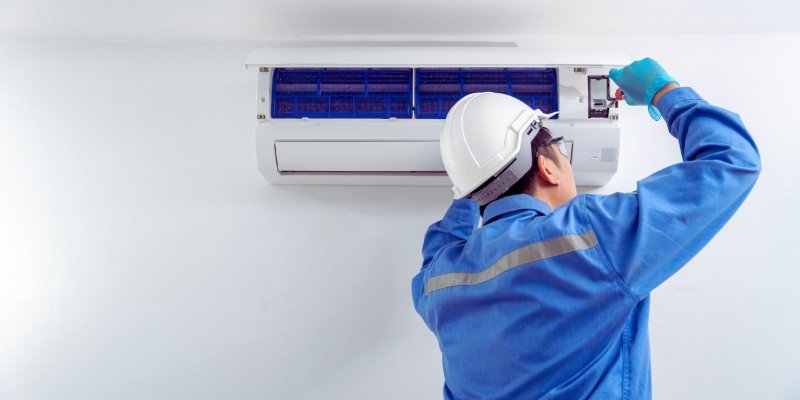Understanding the Market

Before diving into the business, it’s crucial to understand the local market dynamics. Singapore’s hot and humid climate creates a strong demand for air conditioning systems in both residential and commercial sectors. According to recent reports, the air conditioning market in Singapore is expected to grow significantly, driven by urbanization and rising living standards.
Competitors in the market range from established brands to smaller service providers. Analyzing competitors can provide insights into pricing strategies and customer service expectations. Additionally, understanding consumer preferences, such as energy efficiency and smart technology integration, can help tailor your offerings to meet market demands.
Licensing and Regulatory Requirements

Starting an air conditioning business in Singapore involves navigating various regulatory requirements. The first step is to secure the necessary licenses. For instance, the Energy Market Authority (EMA) mandates that technicians handling refrigerants must possess a valid license. This ensures that all personnel are trained to manage potentially hazardous materials safely.
Furthermore, businesses must comply with the Building and Construction Authority (BCA) regulations, which may include obtaining a contractor’s license depending on the scope of work. It’s advisable to consult with legal professionals or industry experts to ensure compliance with all local laws and regulations, thereby avoiding potential legal issues down the line.
Operational Strategies

Once the groundwork is laid, the next step is to develop effective operational strategies. This includes sourcing equipment, hiring skilled technicians, and establishing a reliable supply chain. Quality equipment is essential for providing excellent service, so consider partnering with reputable suppliers who offer energy-efficient and reliable products.
Hiring skilled labor is another critical factor. The air conditioning industry often faces a shortage of qualified technicians, making it essential to invest in training programs for your staff. Offering competitive salaries and benefits can help attract and retain talent in this competitive market.
Moreover, consider implementing technology solutions to streamline operations. For example, using software for scheduling appointments, managing inventory, and tracking customer interactions can enhance efficiency and improve customer satisfaction.
Marketing Your Business

Effective marketing strategies are vital for attracting customers to your air conditioning business. Start by creating a strong online presence through a professional website and active social media channels. Highlight your services, customer testimonials, and any special promotions to engage potential clients.
Additionally, consider leveraging local SEO strategies to improve visibility in search engine results. This involves optimizing your website with relevant keywords and ensuring your business is listed on platforms like Google My Business. Engaging in community events or partnerships can also help build brand awareness and trust within the local community.
Word-of-mouth referrals are invaluable in the service industry, so prioritize excellent customer service to encourage satisfied clients to recommend your business. Offering maintenance contracts or loyalty programs can incentivize repeat business and foster long-term relationships with customers.
Conclusion
Starting an air conditioning business in Singapore presents exciting opportunities amidst a growing market. By conducting thorough market research, adhering to licensing requirements, implementing effective operational strategies, and crafting a robust marketing plan, aspiring entrepreneurs can establish a successful venture in this vital industry. With the right approach, your air conditioning business can thrive in Singapore’s competitive landscape, meeting the cooling needs of its residents and businesses alike.






